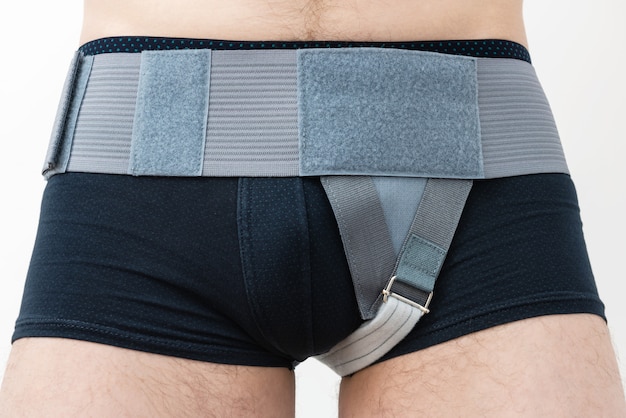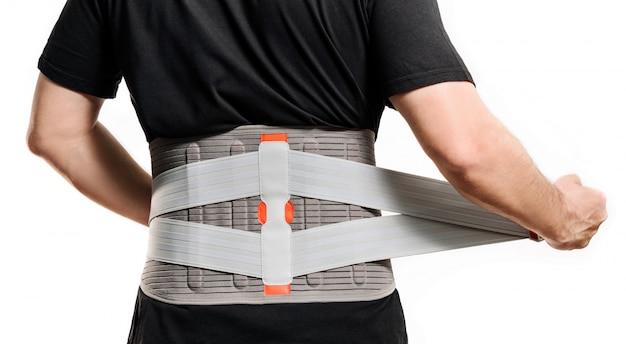Workers can suffer from an injury on the job at any time which causes financial and physical suffering. Experiencing an inguinal hernia injury is common, especially in high-risk industries. Approximately 90 percent are covered by workers’ compensation insurance that is required by federal law.
What Is An Inguinal Hernia?
An inguinal hernia develops when the fat from the abdomen protrudes through the lower area of the abdominal wall into the groin area. While an inguinal hernia does not pose a danger, it can still be painful.
Types Of Inguinal Hernias
Direct inguinal hernias: This form of hernia typically happens among adult males. The hernia develops over a period of time as a result of heavy lifting or straining which causes the muscles to be more fragile.
Indirect inguinal hernias: This form of hernia happens as a result of a birth defect in the abdominal wall.
Strangulated inguinal hernia: This form of hernia happens when the blood flow of the intestine inside of an incarcerated hernia is cut off. This is a serious medical condition that calls for emergency medical attention.
Incarcerated inguinal hernia: This form of hernia occurs when the tissue gets stuck in the groin and cannot be pushed back in place.
Symptoms Of Inguinal Hernia
- Groin pain that becomes more prominent when coughing, lifting, or exercising
- Heaviness, burning, or weakness in the groin
- Swollen scrotum
- Bulge that appears on one or both sides of your groin that dissipates when you lye down
How Hernias Are Treated
Hernias are primarily treated through surgery. When surgery is performed correctly, the outcome is often successful. The surgical options are laparoscopic herniorrhaphy or open inguinal herniorrhaphy. With laparoscopic herniorrhaphy, multiple small incisions are made in the abdomen area. With the open inguinal herniorrhaphy, one larger incision is created near the groin and over the abdomen. The aim of each surgical option is to take the internal abdominal tissues back into your abdominal cavity and repair the wall injury.
What Happens When You File A Hernia Compensation Claim
When you are injured at work and bring about a workers’ compensation claim, the claim is sent to the insurance carrier and is typically accepted. The insurance carrier will present an offer and it’s up to you on whether to accept or not. Once you refuse the offer, you may hire an attorney to seek a bigger settlement. The following factors are taken into consideration when determining an amount:

- Lost wages and possible future lost income
- Medical costs that were incurred
- Legal fees
- Disability payments
- Strength of your claim
If the parties involved are unable to come to an agreement on the amount for compensation, the next step is to take the matter to court to determine the amount. With inguinal hernia workers compensation settlements, the judge will assess the claim and present a settlement amount that is believed to be fair. Once the amount is decided, you and the insurer have the option to cooperate with the decision or decide to appeal the entire settlement or parts of it.
Consult With A Workers’ Compensation Attorney
The law regarding inguinal hernia workers’ compensation settlements can be challenging to navigate through without a knowledgeable attorney. If you suffered a work-related injury, contact The House of Workers’ Compensation for a consultation and to go over your options.



